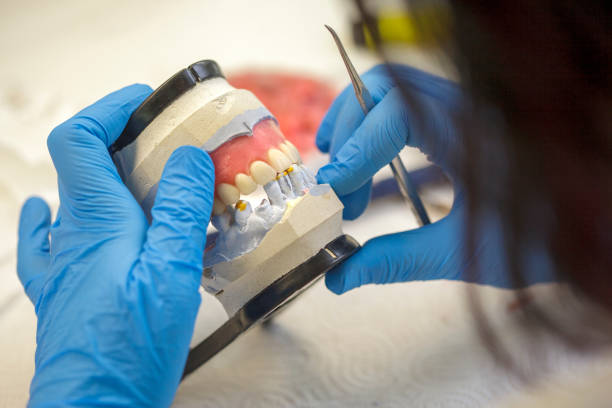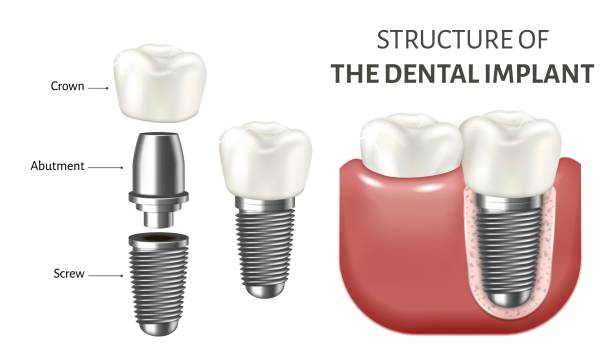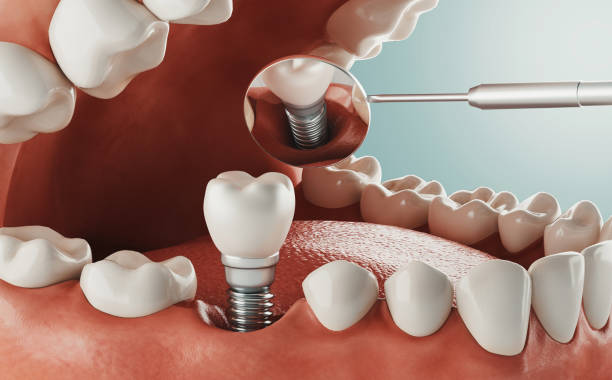Question and Answer



Dental Implant
A dental implant is a device that is implanted into the jawbone to support a restorative or replacement crown, bridge, or denture. For persons who are missing one or more teeth as a result of an accident, periodontal disease, or other oral health issues, they may be the best option.
Benefits
- Success rates of treatment are over 95%
- They are durable and permanent
- Other than basic oral hygiene and expert dental exams and cleanings, there is little maintenance necessary.
- Feel organic and cozy, and offer the greatest aesthetics
- The only treatment for tooth loss that prevents jawbone loss
- There is no need to change the teeth next to the gap.
- Due to the lengthy duration of the therapy, it may be more affordable in the long run.
Disadvantages
- Treatment is more invasive – a surgical procedure is required to insert the implant
- When compared to alternative treatments, this treatment takes longer and necessitates more dental appointments.
- Most expensive tooth replacement solution
When to Choose Dental Implants If you are a good candidate for treatment and can afford dental implants, this is the best choice. Treatment offers the finest cosmetic outcomes and is a long-term solution to tooth loss.
Although the procedure is more expensive, it may be more cost-effective in the long run since implant restorations do not need to be updated as frequently as a dental bridge. Furthermore, an implant protects the jawbone and gum tissue, and your dentist will not need to chop down good teeth.

